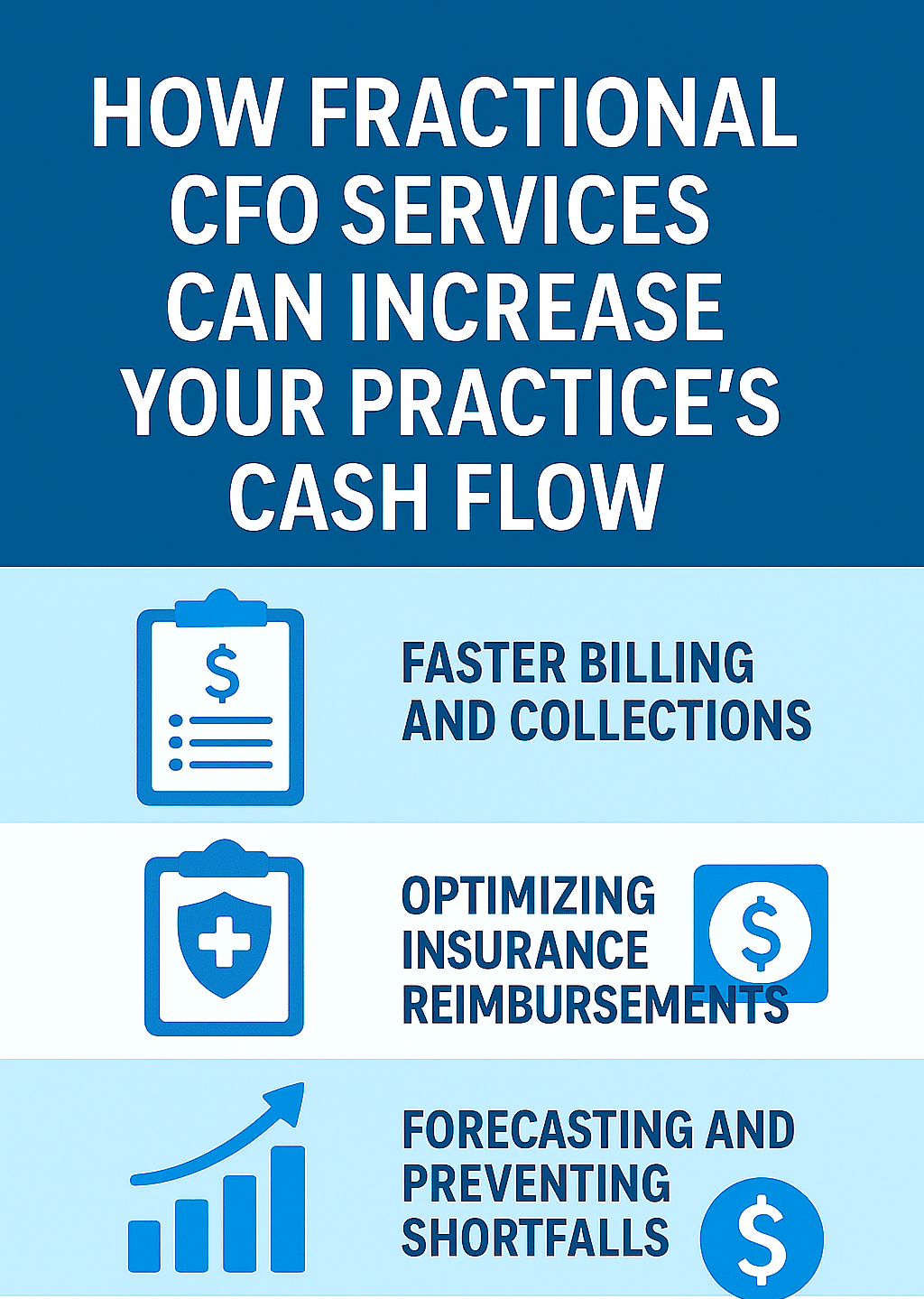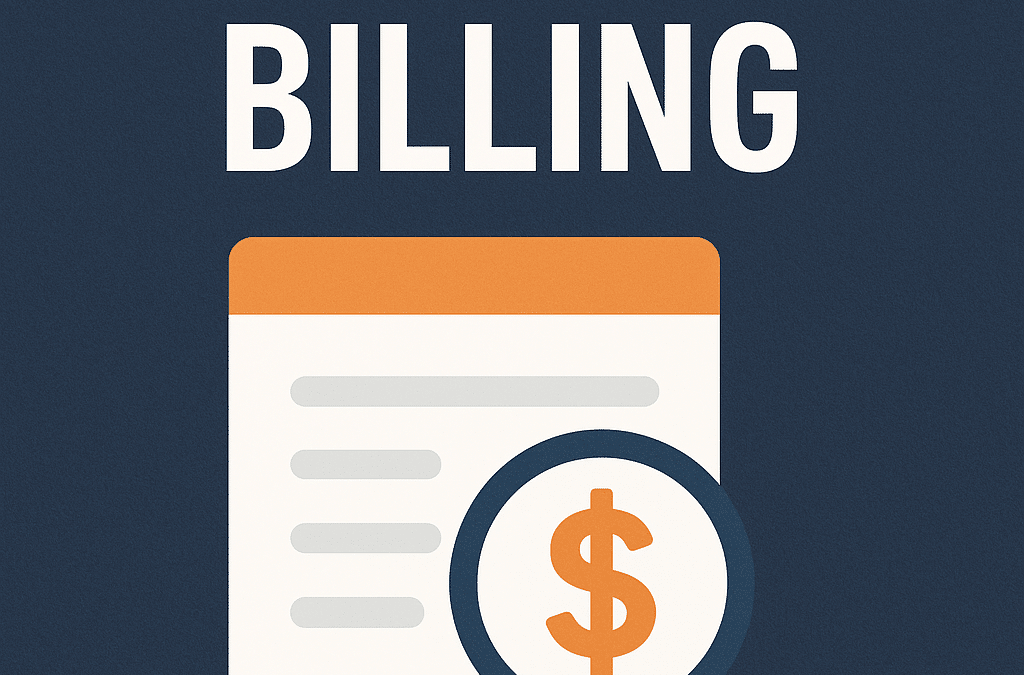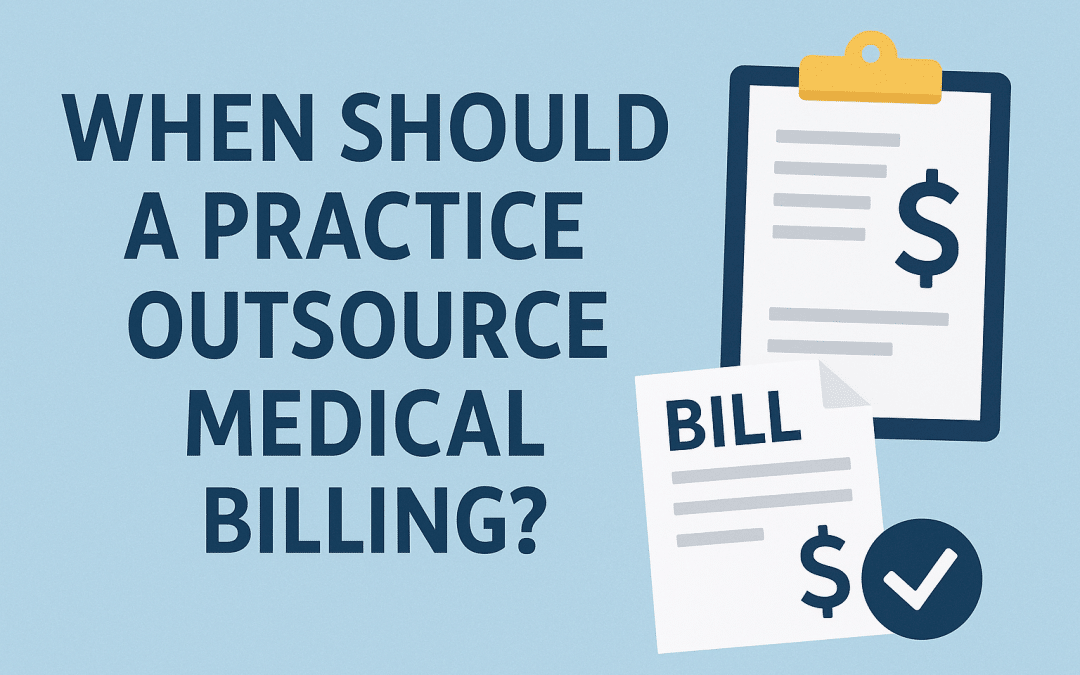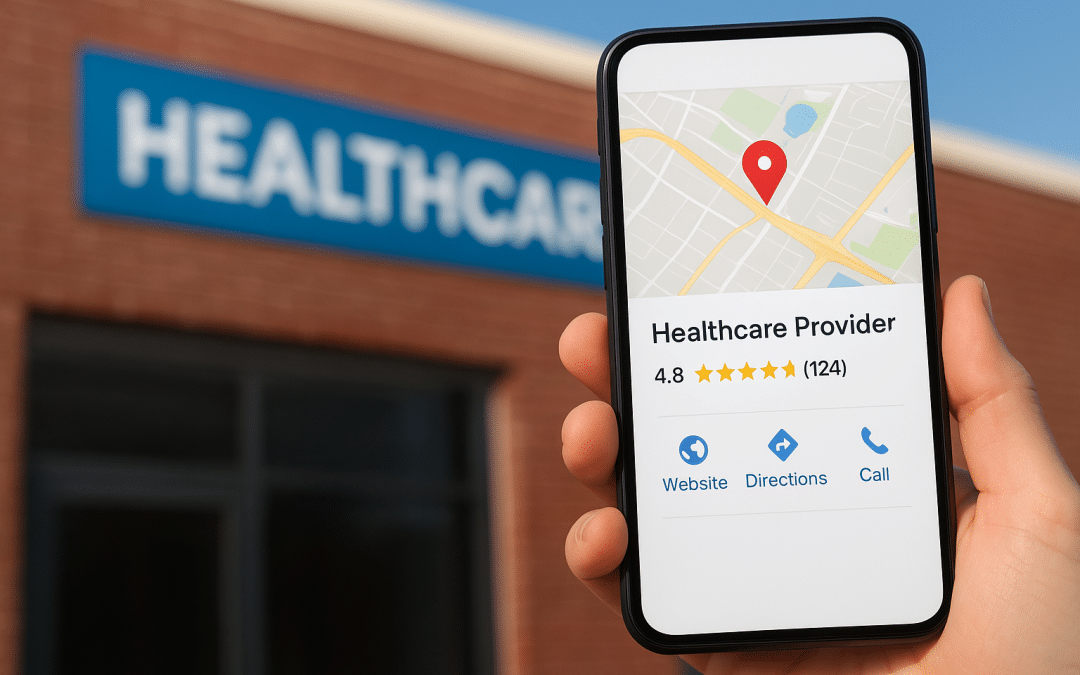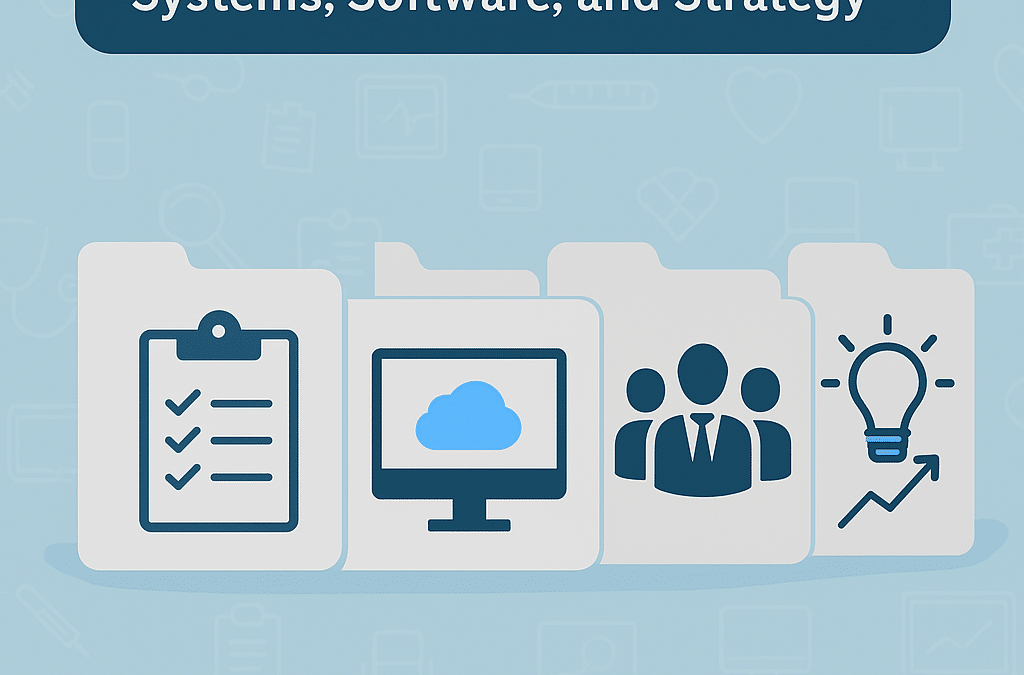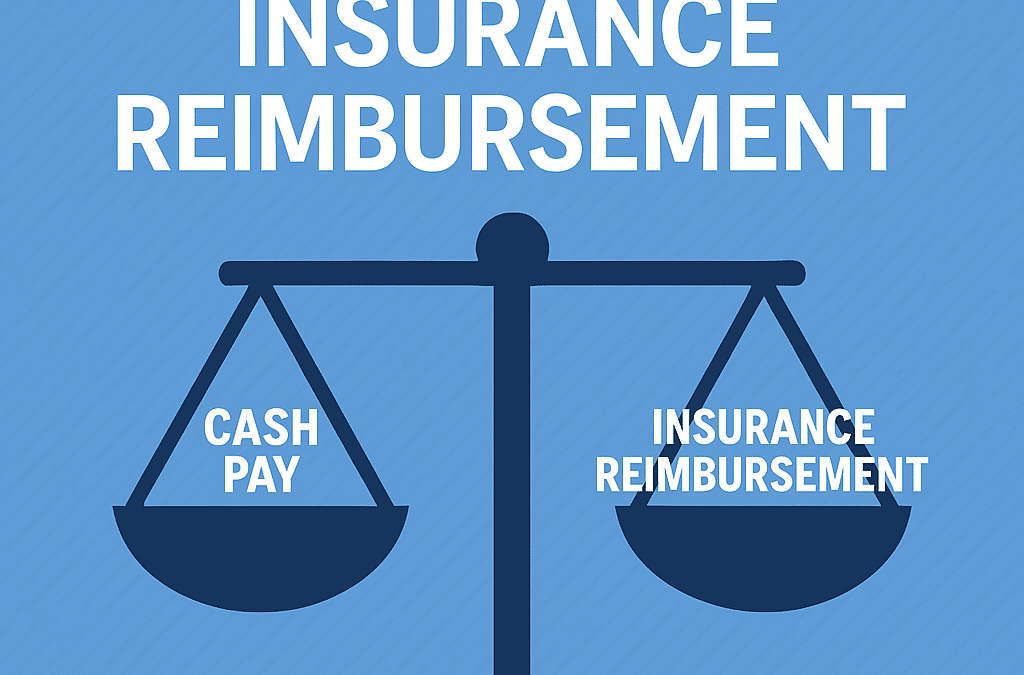How Fractional CFO Services Can Increase Your Practice’s Cash Flow
For many private medical practices, cash flow problems aren’t caused by a lack of patients — they’re caused by financial inefficiencies. Even profitable practices can struggle to pay bills, cover payroll, or invest in growth if money isn’t moving through the business effectively. That’s why more practice owners are turning to fractional CFO services to boost cash flow, reduce financial stress, and create a more stable business model. A fractional CFO brings the high-level financial expertise of a full-time Chief Financial Officer but works on a part-time or as-needed basis, making them affordable for small to mid-sized practices.
Here’s how a fractional CFO can help your practice keep more money flowing in — and flowing in faster.
1. Streamlining Billing and Collections
Slow collections and inefficient billing systems are among the biggest cash flow killers for private practices. A fractional CFO can:
-
Audit your current billing process to identify delays.
-
Help your team reduce claim errors that lead to denials.
-
Implement follow-up systems for overdue patient balances.
-
Introduce technology that speeds up payment processing.
By tightening up your revenue cycle, you can reduce the time between providing a service and getting paid.
2. Optimizing Insurance Reimbursements
Insurance reimbursements often take weeks or months to arrive, and mistakes in coding or documentation can make it even longer. A fractional CFO can help you:
-
Track payer performance to spot slow or inconsistent payers.
-
Identify denial trends and work with your billing team to address them.
-
Negotiate better contracts with insurance companies when possible.
The result is faster, more predictable insurance payments — and fewer financial surprises.
3. Forecasting and Managing Cash Flow Gaps
Cash flow issues often arise during seasonal slowdowns, large equipment purchases, or staffing changes. With fractional CFO services, your practice gets access to detailed cash flow forecasting. This allows you to:
-
Anticipate shortfalls before they happen.
-
Create strategies to bridge those gaps.
-
Avoid last-minute scrambling for loans or credit.
Planning ahead helps your practice stay stable year-round.
4. Reducing Unnecessary Expenses
Sometimes, cash flow problems aren’t about low revenue — they’re about high costs. A fractional CFO can analyze your expenses to:
-
Eliminate wasteful spending.
-
Negotiate better rates with vendors.
-
Identify cost-effective alternatives for supplies and services.
These savings can free up cash that you can reinvest in your practice.
5. Setting KPIs to Keep Cash Flow Healthy
Cash flow isn’t something you fix once — it needs ongoing monitoring. A fractional CFO can establish key performance indicators (KPIs) such as:
-
Average days in accounts receivable (A/R).
-
Percentage of claims paid on first submission.
-
Overhead costs as a percentage of revenue.
Tracking these KPIs regularly ensures that problems are caught early, before they turn into major cash shortages.
6. Supporting Strategic Growth Without Straining Cash Flow
Many practices want to grow but are afraid of the financial risks. A fractional CFO helps you plan expansions, new service lines, or additional hires in a way that keeps cash flow strong — so your growth doesn’t come at the cost of stability.
The Bottom Line
Improving cash flow isn’t just about collecting money faster — it’s about building a stronger, more resilient financial foundation for your private medical practice. Fractional CFO services give you the expertise and strategy of a full-time CFO, but at a cost that fits your budget.
By optimizing billing, managing reimbursements, reducing expenses, and forecasting for the future, a fractional CFO can help ensure your practice not only survives — but thrives.
Every year Aspire helps dozens of practices increase their cash flow and exceed their financial goals. Please reach out to us today to start increasing your practices cash flow.

